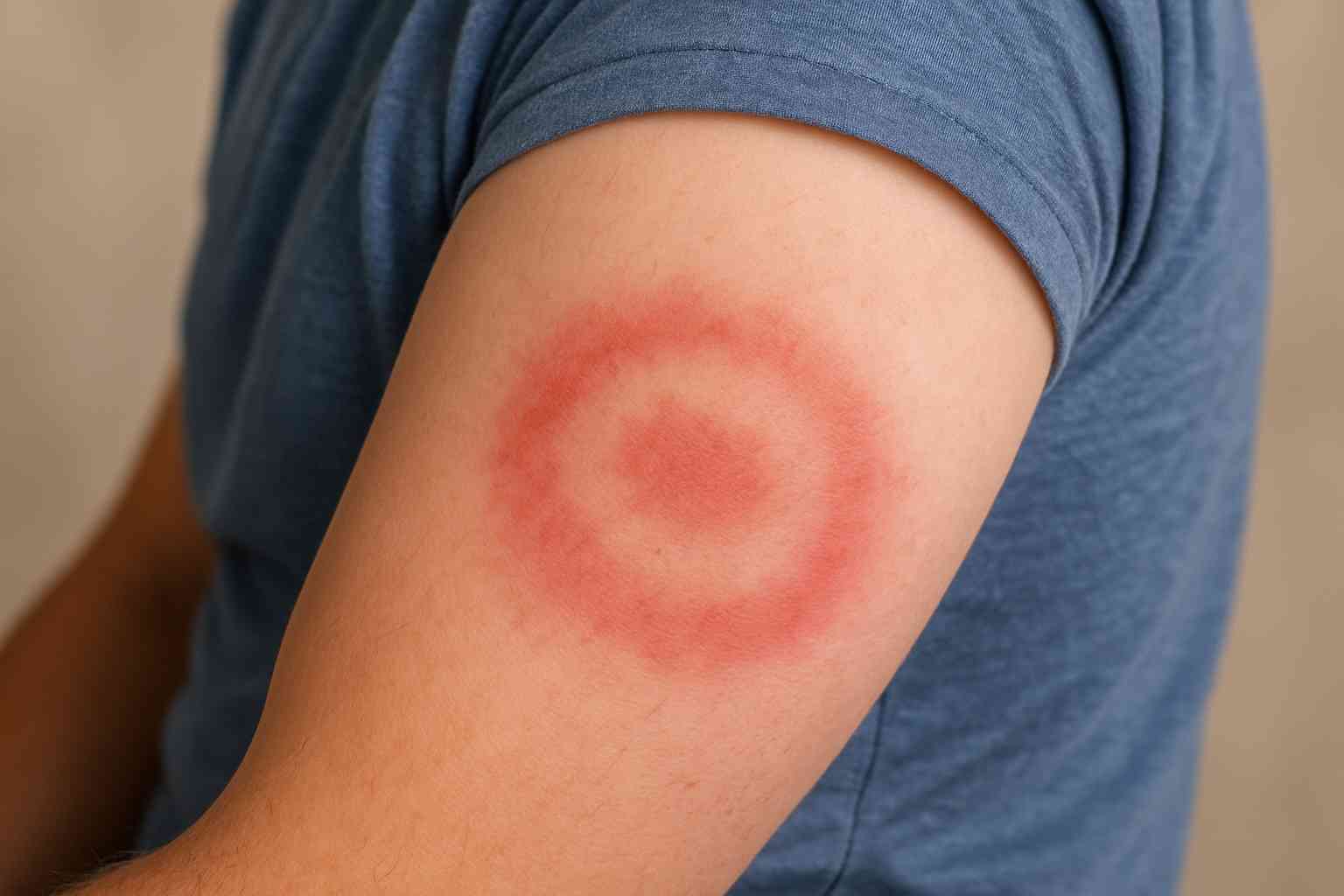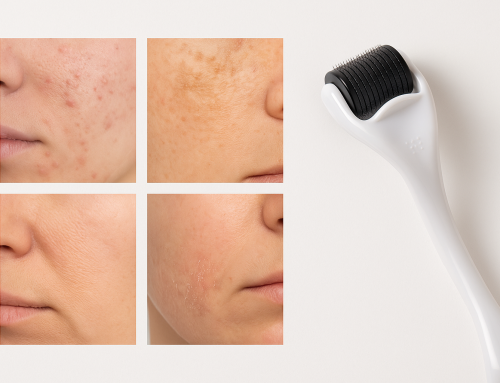Understanding Chronic Lyme Disease
Lyme disease, caused by Borrelia burgdorferi and transmitted by tick bites, is one of the most common vector-borne diseases in the U.S. While early-stage Lyme often responds well to standard antibiotics, up to 10–20% of patients experience lingering symptoms such as fatigue, joint pain, and brain fog. These persistent issues are often referred to as chronic Lyme disease or Post-Treatment Lyme Disease Syndrome (PTLDS).
Mainstream medicine often attributes persistent symptoms to immune dysfunction or inflammation, while other experts believe ongoing infection plays a role. Regardless of the cause, patients need comprehensive support for long-term management.
Symptoms of Chronic Lyme Disease
Chronic Lyme disease can present with:
-
Severe fatigue and low energy
-
Joint and muscle pain
-
Cognitive difficulties (“Lyme brain”)
-
Mood disorders such as anxiety or depression
-
Neurological symptoms including tingling or numbness
-
Digestive and heart irregularities
These wide-ranging symptoms can disrupt daily life, work, and emotional well-being, underscoring the need for holistic and personalized treatment strategies.
Principles of Managing Chronic Lyme Disease
1. Accurate Diagnosis
Early and precise detection is critical. While traditional antibody tests may miss ongoing infection, emerging diagnostic tools such as PCR and next-generation sequencing are improving accuracy.
2. Medical Treatment Options
-
Antibiotics: Standard oral or intravenous antibiotics remain essential for acute and early Lyme cases.
-
Extended/Combination Therapy: Some physicians use longer or combined regimens to address bacteria in biofilms or dormant forms. While controversial, these may be considered in complex cases.
3. Symptom Management & Supportive Therapies
Targeted therapies can address pain, fatigue, and cognitive impairment:
-
Anti-inflammatory protocols
-
Sleep optimization
-
Nutritional supplementation
-
Gentle physical activity
-
Mental health support through therapy or counseling
4. Lifestyle & Immune Support
A holistic Lyme disease diet, stress management, restorative sleep, and low-impact exercise all play roles in healing and recovery.
5. Addressing Co-Infections
Ticks often transmit other pathogens such as Babesia, Bartonella, and Ehrlichia. Comprehensive care must address these co-infections, which may exacerbate chronic symptoms.
6. Long-Term Monitoring
Chronic Lyme disease requires ongoing care and flexibility. Symptoms can evolve, and treatments need to adapt over time.
How Anchor Restorative Medicine Helps Patients with Chronic Lyme Disease
At Anchor Restorative Medicine, located in the Dallas–Fort Worth area, we specialize in a root-cause, whole-body approach to Lyme disease. Unlike conventional care that focuses narrowly on antibiotics, we integrate restorative and regenerative strategies to rebuild health from the ground up.
Our Approach Includes:
1. Immune System Restoration
By strengthening immune function, patients gain resilience and a stronger ability to fight persistent infections.
2. Detoxification Protocols
Chronic Lyme often leaves behind a buildup of toxins and inflammatory byproducts. Anchor offers therapies that support natural detoxification pathways.
3. Microbial Balance & Control
We address underlying microbial imbalances with integrative therapies designed to restore the body’s internal equilibrium.
4. Regenerative Medicine
Anchor incorporates advanced regenerative therapies to repair damaged tissues and support systemic healing.
5. Personalized Care Plans
Every patient’s Lyme journey is unique. Our clinicians tailor treatment strategies to individual needs, ensuring care that is flexible, adaptive, and responsive.
Why Choose Anchor Restorative Medicine for Lyme Disease Treatment?
-
Comprehensive and Integrative: We don’t just treat symptoms—we identify and address root causes.
-
Experienced Team: With thousands of patients treated, our providers bring expertise in chronic and complex conditions.
-
Patient-Centered: Our goal is not just symptom relief but restoration of overall vitality and quality of life.
-
Cutting-Edge Therapies: We incorporate the latest advances in restorative and regenerative medicine to help patients heal.
Key Takeaways
-
Chronic Lyme disease affects thousands of patients with long-term symptoms that can impact quality of life.
-
Successful management requires accurate diagnosis, medical treatment, lifestyle integration, and attention to co-infections.
-
Anchor Restorative Medicine provides a holistic, regenerative approach that supports immune function, detoxification, and whole-body healing.
Conclusion
Chronic Lyme disease is complex, but recovery is possible with the right support. By combining modern science with regenerative and holistic medicine, Anchor Restorative Medicine helps patients move beyond persistent symptoms to reclaim their health and vitality.
If you or someone you love is struggling with chronic Lyme disease, contact Anchor Restorative Medicine today to learn more about our advanced treatment programs.






